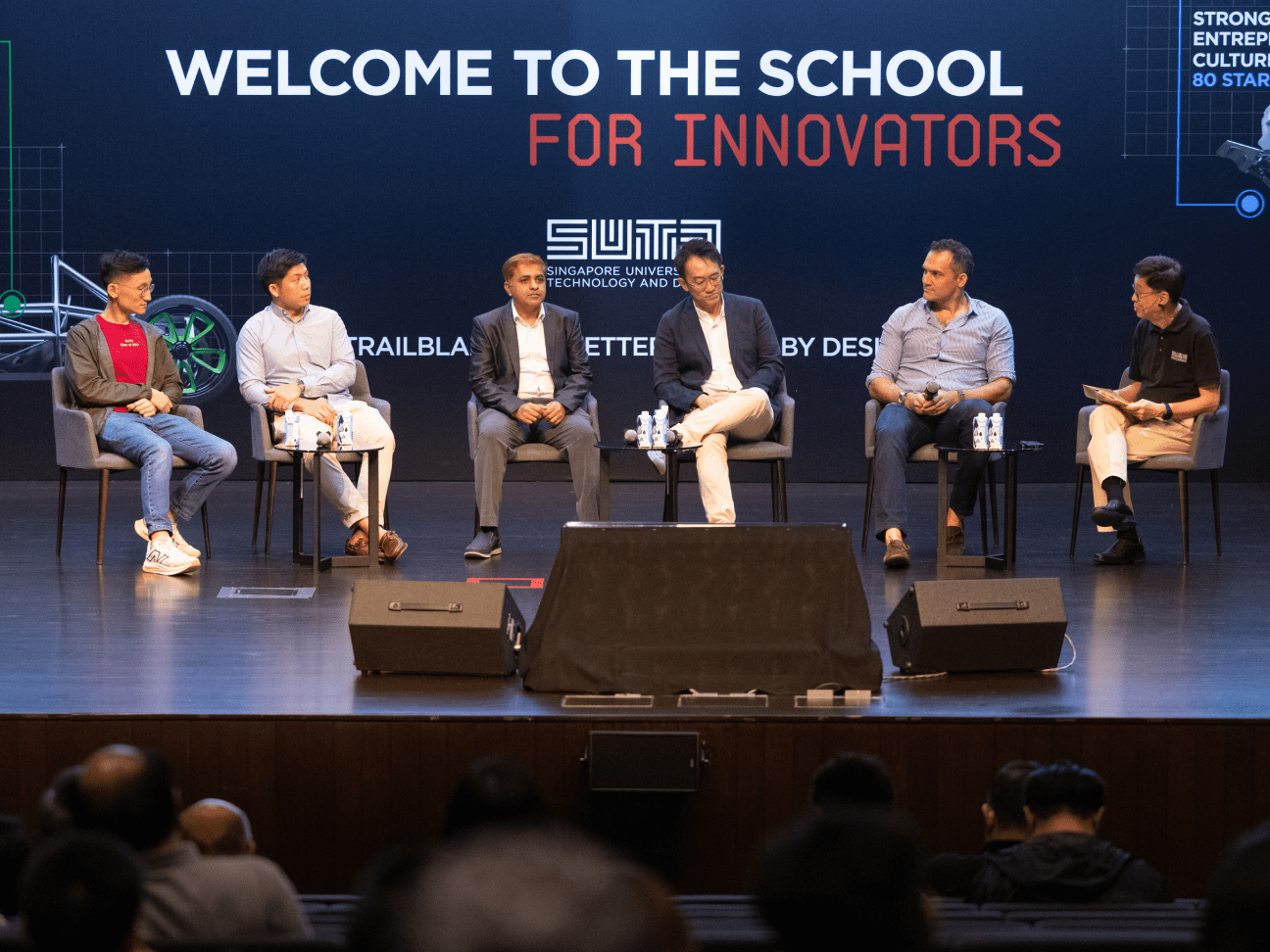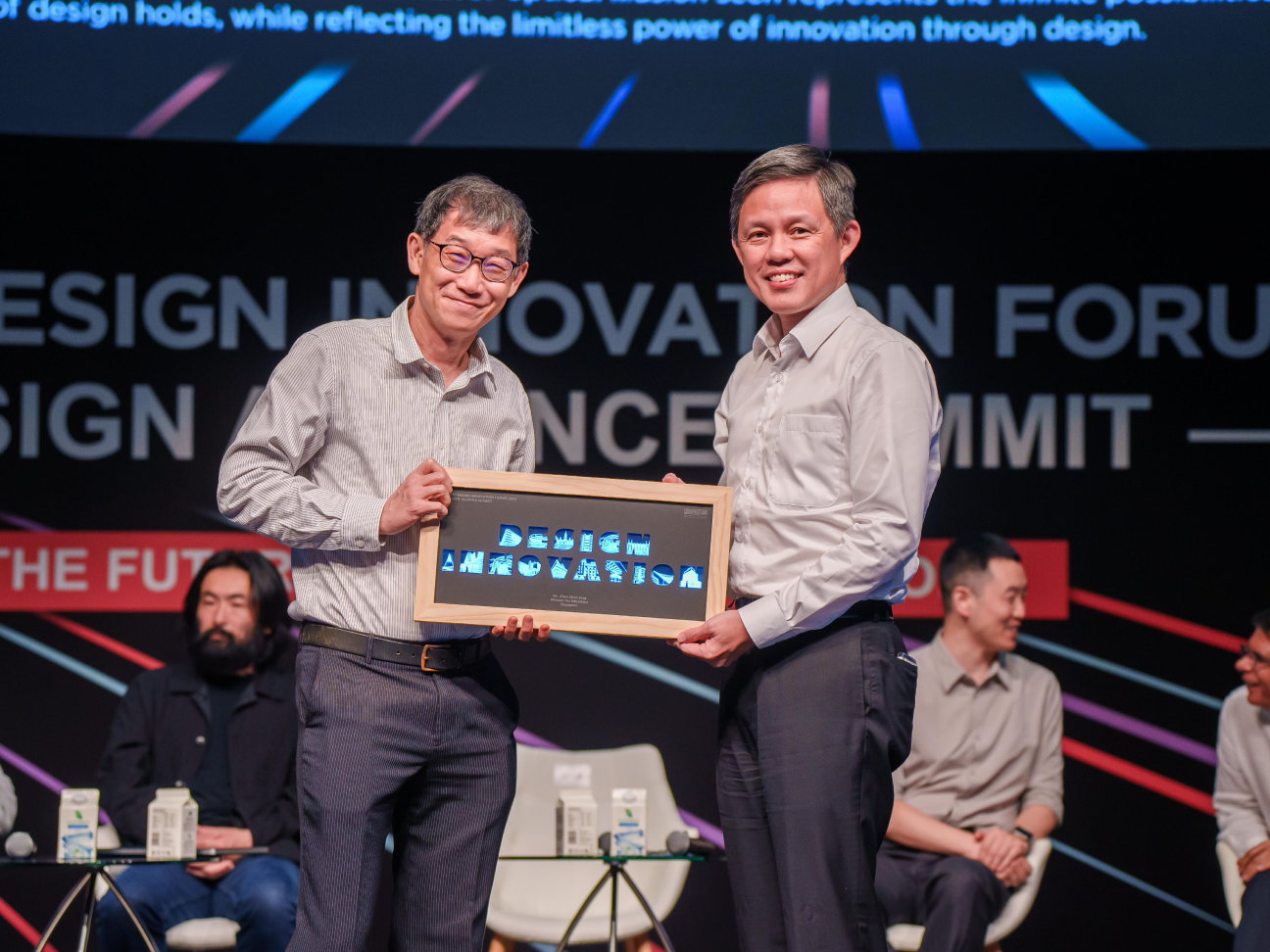Research news
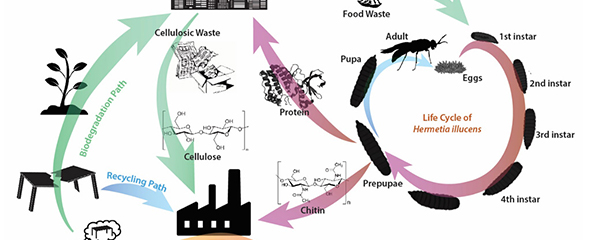
SUTD develops missing link to circular economy while tackling global waste
Researchers from SUTD have developed a process that allows for the production and degradation of almost any object within a circular economy using additive manufacturing and urban waste, the largest by-product of civilization.

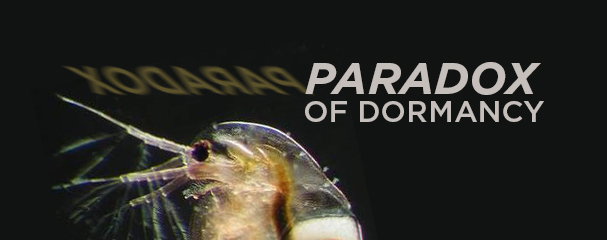
The paradox of dormancy: Why sleep when you can eat?
Why do predators sometimes lay dormant eggs — eggs which are hardy, but take a long time to hatch, and are expensive to produce?

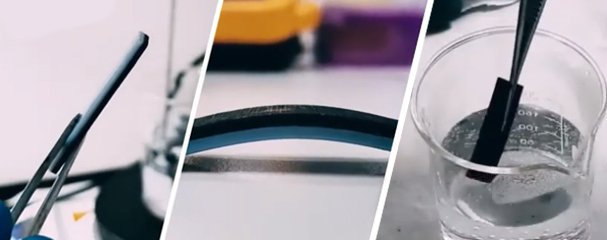
SUTD develops revolutionary reversible 4D printing with research collaborators
Researchers from SUTD worked with NTU to revolutionise 4D printing by making a 3D fabricated material change its shape and back again repeatedly without electrical components.

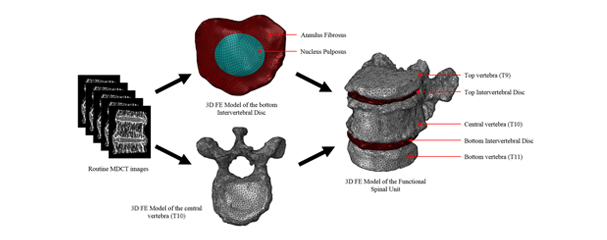
SUTD and collaborators developed novel methodology to predict spinal fractures in patients
The research introduced a semi-automatic computational clinical tool that aims to extract structural information, such as failure load, from radiological scans of patients using functional spinal units.

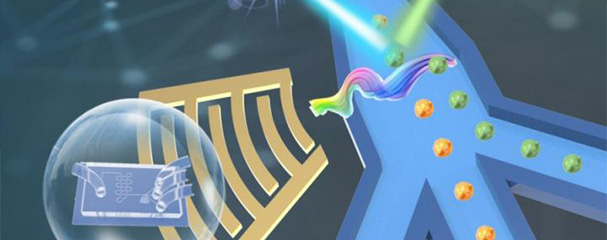
SUTD scientists developed a sorting technology that isolates cells with high purity and viability
SUTD research team led by Assoc Prof Dr Ye Ai, in collaboration with Assistant Prof Chrishan Ramachandra from National Heart Centre Singapore (NHCS), developed a sheathless acoustic fluorescence activated cell sorting (aFACS) system for single-cell level fluorescence detection and isolation.

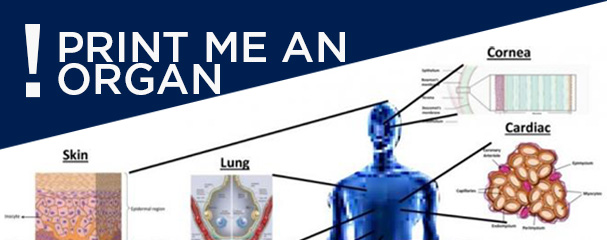
Print me an organ – Why are we not there yet?
SUTD leads in-depth review on the impending reality of 3D printed organs and analyses recent accomplishments, limitations and opportunities for future research.

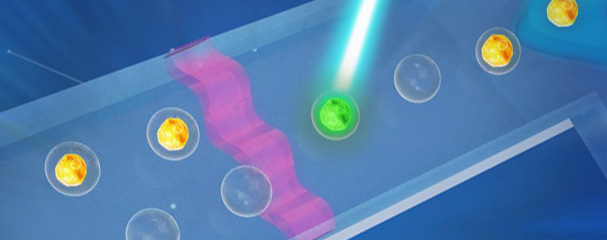
SUTD researchers discover fluorescence-activated sorting at single-droplet level using focused sound waves
SUTD researchers developed a new microfluidic fluorescence-activated droplet sorting system that can isolate single-cell droplets with high accuracy and high yield using a detachable surface acoustic wave transducer.

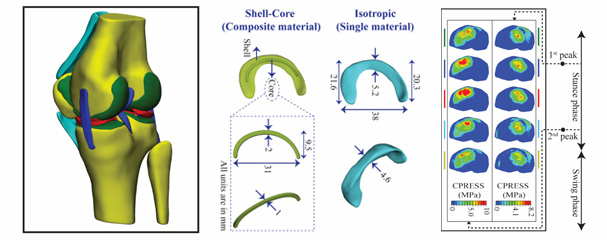
SUTD-led research sets the groundwork for patient-specific 3D printed meniscus
SUTD together with the University of Miyazaki developed a novel methodology to provide non-invasive analysis of meniscal implants.

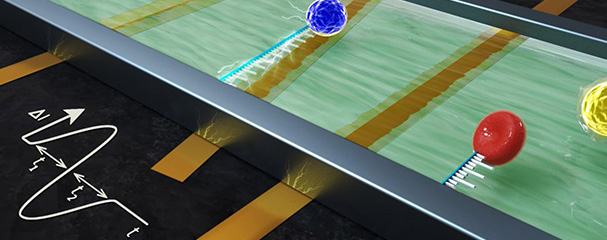
Simultaneous measurement of biophysical properties and position of single cells in a microdevice
SUTD research team led by Associate Prof Dr Ye Ai developed a microfluidic impedance flow cytometry device for the lateral position measurement of single cells and particles with a novel N-shaped electrode design.

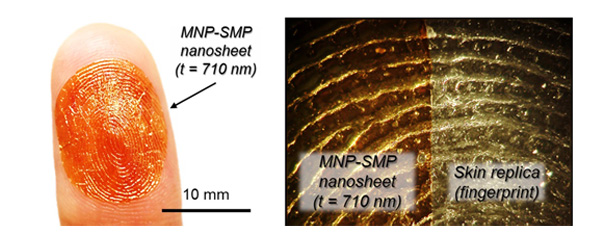
SUTD develops syringe-injectable, self-expandable and ultraconformable magnetic nanosheets for smart drug delivery
The ultrathin films are able to be injected using minimally-invasive syringe needles and can be used as a platform to deliver molecular and cellular drugs.


